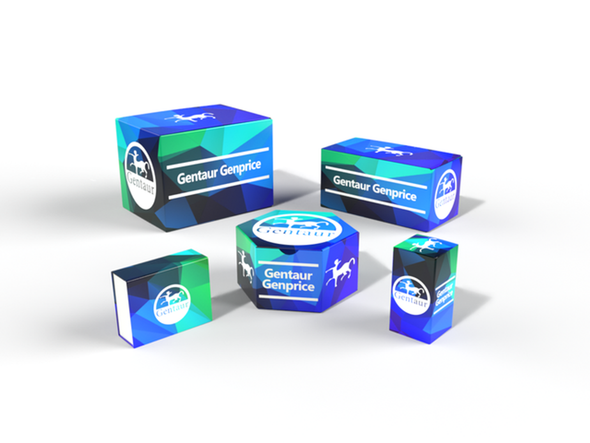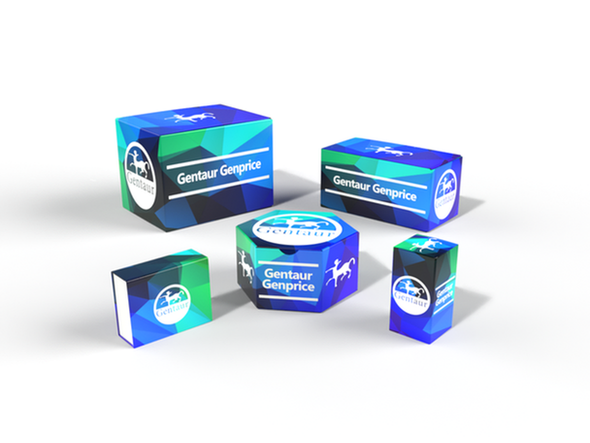BW
BTK (phospho-Y222) polyclonal Antibody | BS4028
- SKU:
- BW-BS4028
- Availability:
- Usually ships in 5 working days
Description
BTK (phospho-Y222) polyclonal Antibody | BS4028 | Gentaur UK, US & Europe Distribution
Host: Rabbit
Reactivity: Human,Mouse,Rat
Application: WB
Application Range: WB: 1:500~1:1000
Background: Brutons tyrosine kinase (BTK) is a member of the BTK/Tec family of cytoplasmic tyrosine kinases. Like other BTK family members, it contains a pleckstrin homology (PH) domain, Src homology SH3 and SH2 domains. BTK plays an important role in B cell development. Activation of B cells by various ligands is accompanied by BTK membrane translocation mediated by its PH domain binding to phosphatidylinositol-3,4,5-trisphosphate. The membrane located BTK is active and associated with transient phosphorylation of two tyrosine residues, Tyr551 and Tyr223. Tyr551 in the activation loop is transphosphorylated by the Src family tyrosine kinase, leading to autophosphorylation at Tyr223 within the SH3 domain, which is necessary for full activation. The activation of BTK is negatively regulated by PKC beta through phosphorylation of BTK at Ser180, which results in reduced membrane recruitment, transphosphorylation and subsequent activation.
Storage & Stability: Store at 4°C short term. Aliquot and store at -20°C long term. Avoid freeze-thaw cycles.
Specificity: p-BTK (Y223) polyclonal Antibody detects endogenous levels of BTK protein only when phosphorylated at Tyr223.
Molecular Weight: ~ 77 kDa
Note: For research use only, not for use in diagnostic procedure.
Alternative Names: Tyrosine-protein kinase BTK; Agammaglobulinemia tyrosine kinase; ATK; B-cell progenitor kinase; BPK; Bruton tyrosine kinase; BTK; AGMX1; ATK; BPK
Immunogen: Synthetic phosphopeptide derived from human BTK around the phosphorylation site of Tyrosine 222.
Conjugate: Unconjugated
Modification: Phosphorylation
Purification & Purity: The Antibody was affinity-purified from rabbit antiserum by affinity-chromatography using epitope-specific immunogen and the purity is > 95% (by SDS-PAGE) .
Pathway: Hypoxia Signaling,Wntβ catenin signaling,Contribution of ECM and Cytoskeletal Factors to EMT,Contribution of Soluble Factors to EMT,hippo Signaling,Adherens Junction signaling,










